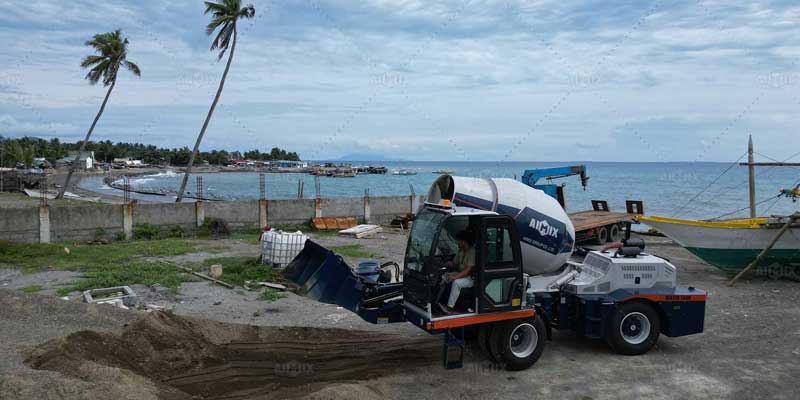
Self-Loading Mixer Wheels Handle SA’s Soft Terrains
Discover how modern self-loading concrete mixers conquer Saudi Arabia's soft terrains with specialized engineering solutions for desert construction.



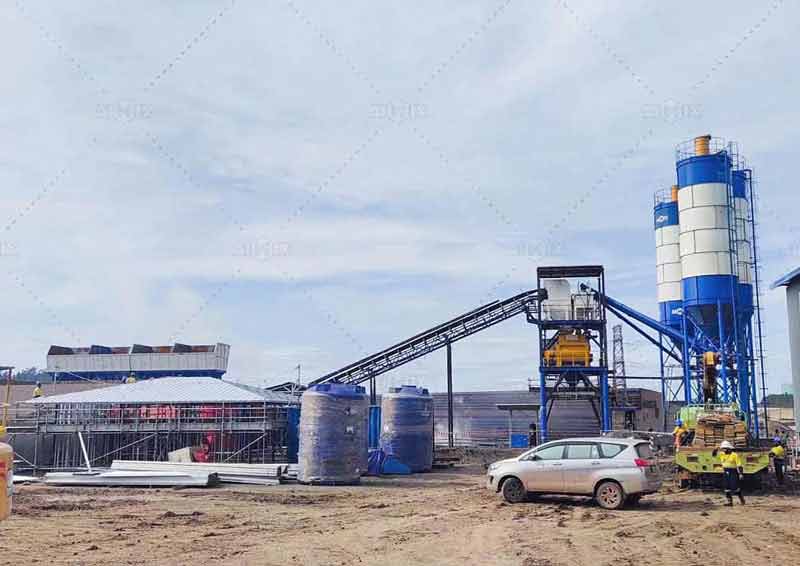
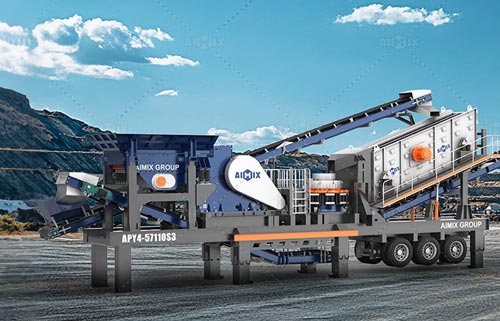
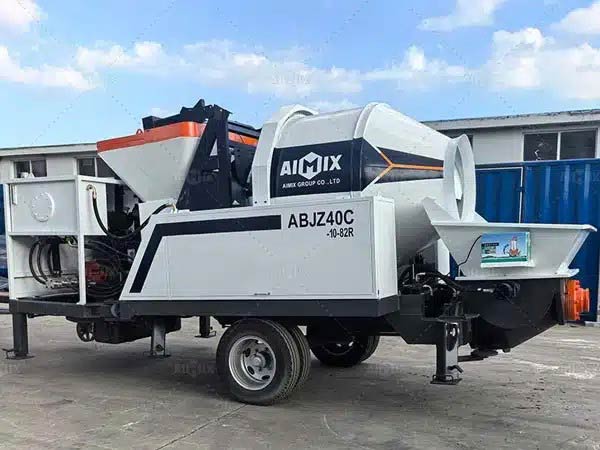

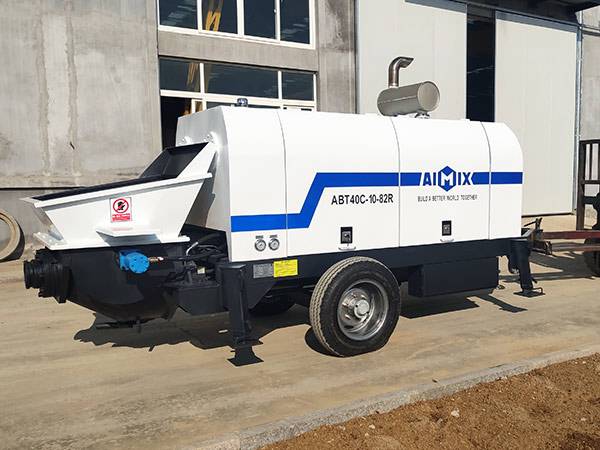

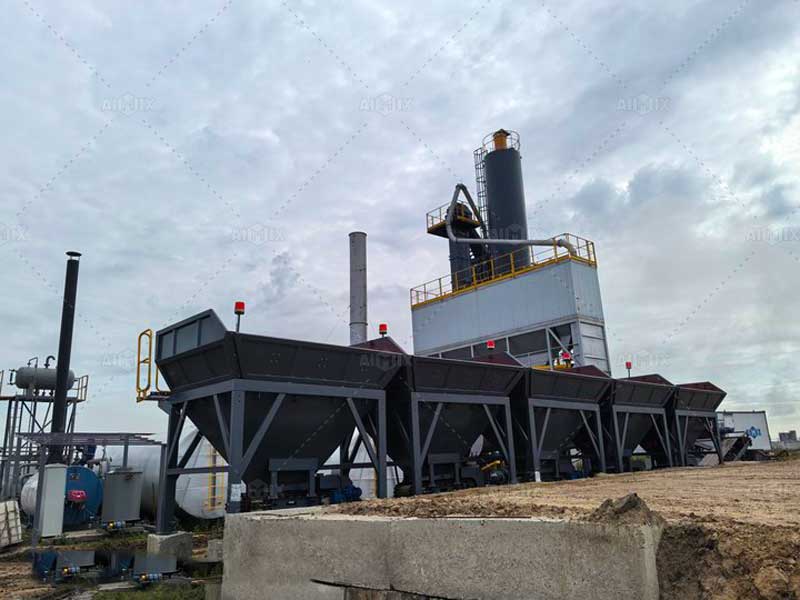
© 2024 Crivva - Business Promotion. All rights reserved.